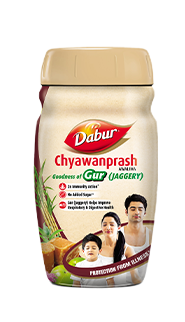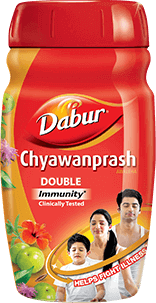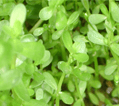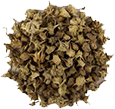KUMKUM (SAFFRON) – FOOD FOR BOOSTING IMMUNITY
Saffron is perhaps the most revered of all the exotic spices throughout history. The botanical name of Saffron is Crocus Sativus. Kumkuma belongs to “Varnya gana” or the group of complexion promoting herbs in Ayurveda. Saffron is one the exotic herbs used in Ayurveda and other traditional medicinal systems. It is hot in potency and it pacify all three doshas of our body (vata, pitta and kapha).
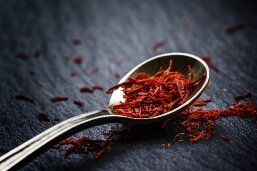
Ayurveda mentions that saffron has both invigorating and nourishing qualities and bestows its effects on the blood, the heart and the reproductive system.
Let’s look at some of the benefits of this aromatic plant when taken in appropriate quantities along with other helpful herbs
- Saffron is said to help to clear our airways making it easier for us to breath. Thereby working towards strengthening our lungs.
- Saffron stigma and petal extracts are beneficial in pain and inflammation
- Saffron may be beneficial in arteriosclerosis. The saffron acts as a stimulant and an antioxidant to help increase the circulation throughout the body.
- Saffron helps improve heart health.
- It has positive effect on excretory system and helps improve genitourinary health.
- Saffron is believed to work towards achieving a calm mind hereby helping the majority of people with busy lifestyle who suffer with sleeplessness and restlessness.
- Saffron when taken along with other ayurvedic herbs is believed to rejuvenate and thereby improving functionality of organs.
- Saffron helps to ease cramping pain in women and acts as antispasmodic.
- Helps improve body immunity
- Saffron contains Carotenoids which are thought to cause toxic and deadly reactions to certain cancer cells in the body
These beautiful red stigmas help to rejuvenate body and act as “rasayana”. They boost body immunity and increase energy level.
Consume immunity boosting foods & try our home remedies to improve immunity. Visit our immunity blog to know all about how to increase immunity.
References:
Pharmacogn Rev. 2010 Jul-Dec; 4(8): 200–208. doi: 10.4103/0973-7847.70919
Crocus sativus L.: A comprehensive review
(Avicenna J Phytomed.) 2015 Sep-Oct;5(5):376-91. The effects of Crocus sativus (saffron) and its constituents on nervous system: A review.
(Iran J Basic Med Sci.) 2016 May;19(5):455-69. Therapeutic effects of saffron (Crocus sativus L.) in digestive disorders: a review.





